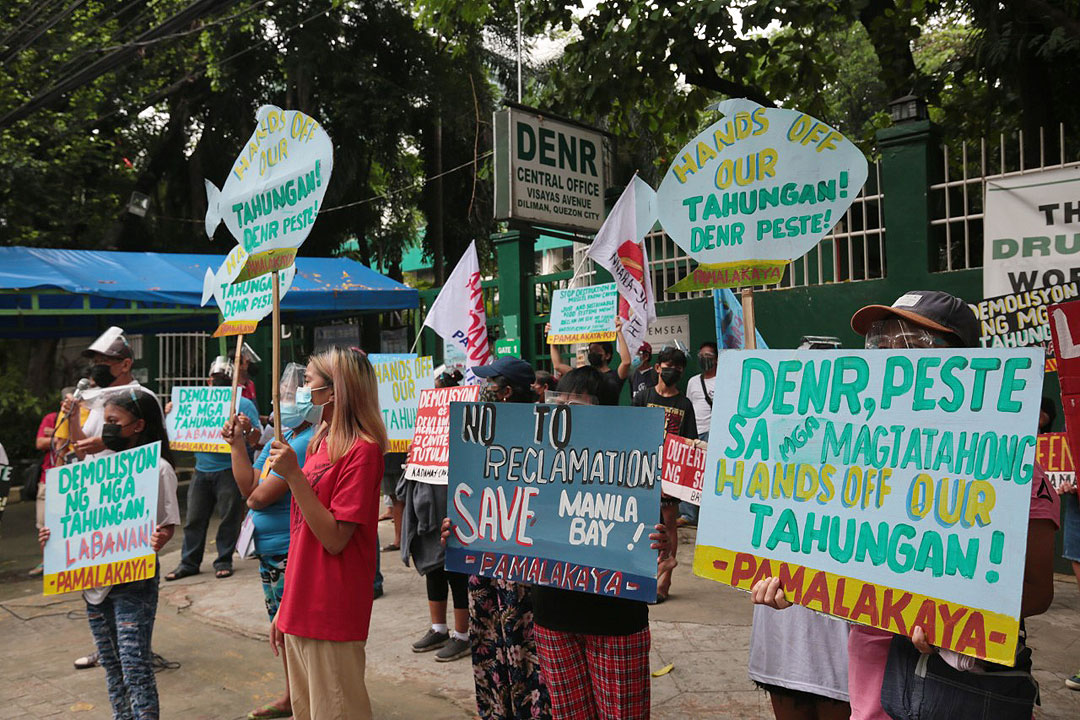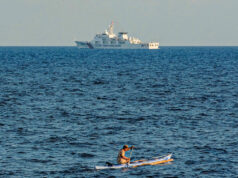Mussel, oyster farmers to lose livelihood in Manila Bay rehab

AQUACULTURE FARMS for mussels and oysters are among the structures that will be dismantled by the government as part of the Manila Bay rehabilitation program, which would affect the livelihood of some 15,000 fishers and coastal residents, according to a fishers group.
“Rehabilitating Manila Bay should be to restore its marine resources for the benefit of small fisherfolk. But the Department of Environment and Natural Resources’ (DENR) thrust says otherwise,” said the head of the Pambansang Lakas ng Kilusang Mamamalakaya ang Pilipinas (PAMALAKAYA) group.
“The government’s rehabilitation program has brought fear among the fishing and coastal population because its aim is to actually destroy our livelihood and displace us from communities,” PAMALAKAYA National Chairperson Fernando L. Hicap said during a protest held at the DENR office in Quezon City on Monday.
The Cavite Task Force Group for Manila Bay previously announced that the dismantling of illegal fishing structures in the areas of Noveleta, Kawit, Cavite City, and Bacoor City will start on Sept. 7.
The task force said the dismantling is intended to regulate illegal fishing structures along Manila Bay and address the high number of bamboo poles from fish pens, fish cages, and baklads/sapras that were washed ashore during the southwest monsoon rains.
Mr. Hicap argued that the fishing structures established in Manila Bay do not pose any pollution or harm to marine biodiversity.
“The oyster and mussel aquaculture structures that will be dismantled contribute a lot to the country’s food security and fisheries production. Compared to the buildings established at reclaimed areas in Manila Bay, the mussel and oyster structures provided livelihood and supplied food to thousands of fishers,” Mr. Hicap said.
PAMALAKAYA also said the dismantling activities is but a prelude to the reclamation plan in Cavite.
“Truth be told, the government’s Manila Bay rehabilitation program is a sham and a sellout in disguise.” — Revin Mikhael D. Ochave



